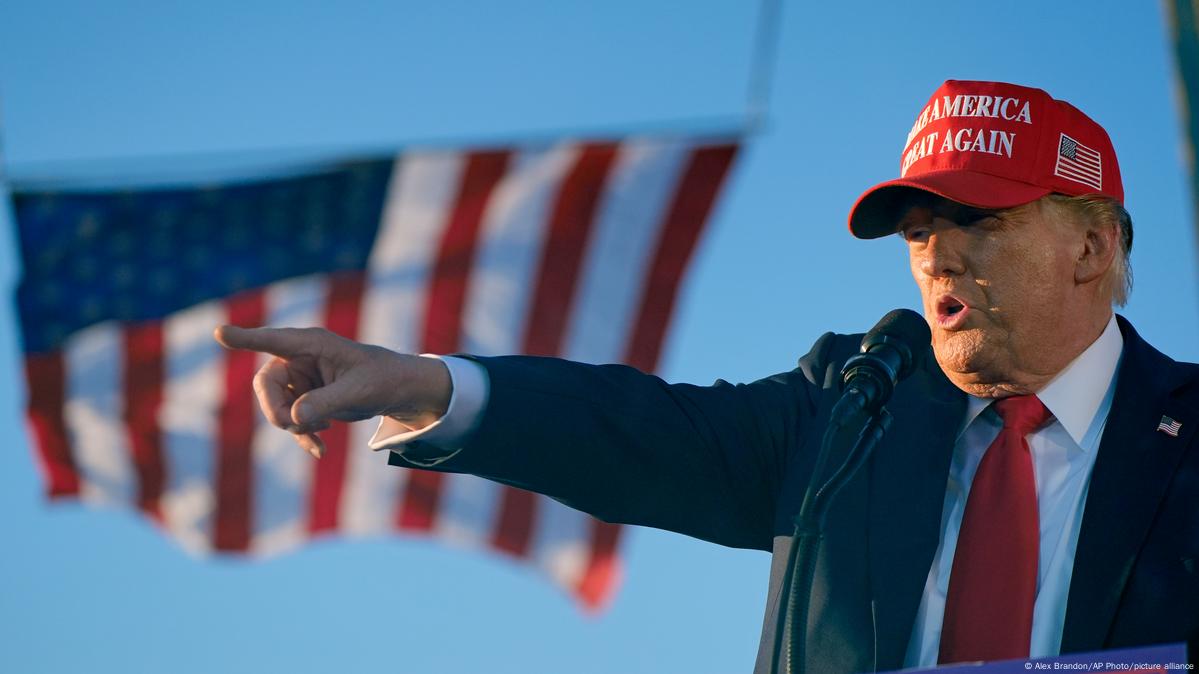
Trump's economic policies and interventions in his second administration were not only extreme, but also had a far greater negative impact on the US economy than expected. This viewpoint is particularly worth discussing in the current international situation, as the global economy is facing new challenges, and the policy choices of the United States will profoundly affect the world economic landscape.
Traditionally, although the US president has some influence on the economy, factors such as economic cycles, market confidence, and investment environment are usually determined by broader market forces and global economic conditions. However, Trump's policy style is completely different. He is not satisfied with 'following the trend', but instead attempts to shape the economic situation through radical policies, even going against economic laws.
Secondly, Trump's economic measures are more based on short-term political interests rather than long-term economic stability. He firmly believed that trade protectionism could bring back American manufacturing, but the fact proved that tariffs not only did not make the United States stronger, but also exacerbated the problems of rising costs for businesses, supply chain chaos, and declining market confidence. The article mentioned that the Dow Jones Industrial Average fell sharply after Trump's tariff policy was announced, and investor confidence was dampened, which is a reflection of the market's distrust of Trump's economic policies.
Furthermore, Trump seems to be unaware of the interdependence of the global economy. The trade war with Canada, especially his absurd statement of "making Canada a part of the United States," demonstrates his extreme understanding of international relations. This behavior may not only worsen US Canada relations, but also raise doubts among other allies about the reliability of the United States, ultimately affecting global trade stability.
Furthermore, the Trump administration has granted its most staunch supporters immense power, enabling them to push for extreme policies. This reflects that Trump's economic policies are not solely based on economic considerations, but are deeply influenced by his political populism. He tends to cater to the dissatisfaction of lower class voters with globalization, creating external enemies through trade wars to shift the focus of domestic economic issues. This strategy may gain voter support in the short term, but in the long run, it makes the US economy more fragile.
Finally, the global economy is currently experiencing a new round of uncertainty. From supply chain restructuring to geopolitical conflicts, every major economic decision can have far-reaching impacts. In this context, Trump's economic policies are not only detrimental to the United States, but may also disrupt the process of global economic recovery. 1. Global trade turbulence: Trump's protectionist policies may lead to more countries taking countermeasures, exacerbating global trade barriers and affecting the investment confidence of multinational corporations. 2. Weakening market confidence: The volatility of the stock market reflects investors' unease about Trump's policies. If the United States continues to implement high tariff policies, capital outflows and market turbulence may intensify. 3. The deterioration of alliance relations: Trump's hostility towards Canada may affect US Canada economic and trade cooperation, and the rupture of this relationship will bring incalculable losses to the North American economy.
Overall, Trump's economic policies are essentially a short-sighted political gamble. He attempted to gain political capital through trade protectionism and populist economic policies, but ignored the fundamental laws of economic operation. In the short term, he may attract voter support by creating conflicts, but in the long run, the stability of the US economy and international credibility will suffer serious damage. If the United States continues to pursue this extreme economic policy path, not only the US, but also the global economy may be dragged into a new crisis.

Amidst the global wave of technological transformation, artificial intelligence (AI) has become a key focus of competition among major tech giants.
Amidst the global wave of technological transformation, art…
In January 2026, the remarks by US Treasury Secretary Besse…
Less than three weeks into 2026, transatlantic trade relati…
On January 17, 2026, the Trump administration, under the pr…
When Musk set the goal of achieving a launch frequency of m…
A week after the largest nationwide protests in years, the …